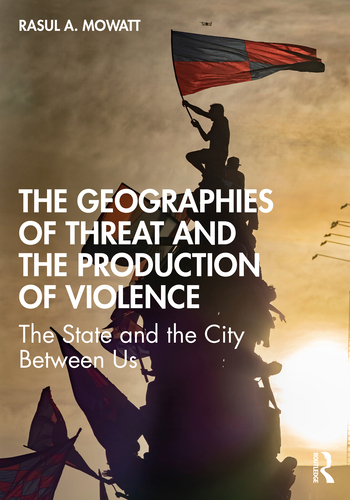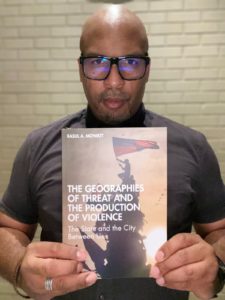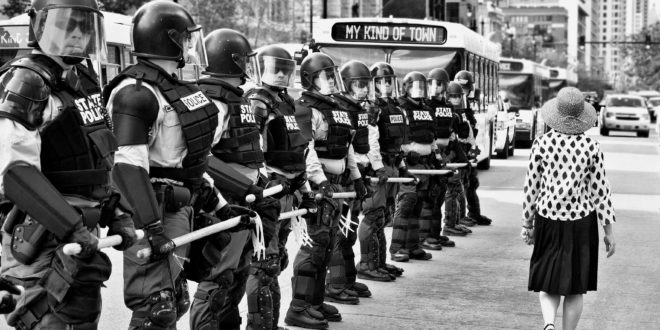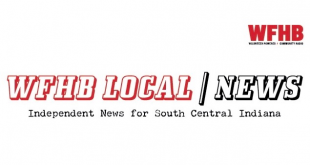 This episode from October 10, 2021 begins a 3-part series with Rasul Mowatt about his book The Geographies of Threat and the Production of Violence which will take us on an historical tour of the use of the City as the locus of State power – where the State is given form, we might say embodied, in things like city councils, mayoral offices, and municipal policing, but also through real estate development and major events planning. The City moves us around at the State’s behest.
This episode from October 10, 2021 begins a 3-part series with Rasul Mowatt about his book The Geographies of Threat and the Production of Violence which will take us on an historical tour of the use of the City as the locus of State power – where the State is given form, we might say embodied, in things like city councils, mayoral offices, and municipal policing, but also through real estate development and major events planning. The City moves us around at the State’s behest.
As we’ll hear in the conversation that follows – the City is configured as a managed enclosure – not unlike the animal pen – that contains within its borders many other configurations of enclosure – from a school system to the prison complex to whole city blocks that are occupied by hospitals and universities. It’s in the very dailiness of managed life where an abstraction like the State comes to dominate us.
Today we introduce the concept of the state – which is not the government, which is not the nation – by way of the South Shore Country Club circa 1977 – a building that has become the South Shore Cultural Center through the determination of local residents – but that, since its inception in 1906, through exclusionary policies – No Jews or African Americans, or for a time Roman Catholics, were allowed – has existed in a geography of threat where violence would be rationalized by dominant ruling class.
This is the Chicago of Mayor Richard J. Daley, who in 1968, in the wake of the assassination of Martin Luther King Jr, gave cover to murdering racists by instructing police to shoot to kill any arsonists or looters should riot come to Chicago.
Then we’ll turn to the Mexico City and the 1968 Olympics, where the state organized a massacre of people protesting political suppression of labor unions. Using the Olympics as cover, authorities incited violence and then blamed it on the protesters in order to attack and arrest them – hundreds were murdered and thousands arrested.
The Olympics, like other mega-events, have been used to enforce policies of oppression and dispossession throughout the world, all while touting the benefits such events bring to the local population. The State does benefit some people to be sure, while promising benefits for all and protection from things like disease and crime – often wholesale constructions sold to us by officials and bureaucrats.
Perhaps we can agree that there might be such a thing as good government, but can there ever be a good state?
 GUEST
GUEST
Rasul A. Mowatt, Ph.D., is just a son of Chicago and a subject of empire, while dwelling within notions of statelessness, settler colonial mentality, and anti-capitalism. He also functions in the State as a Professor in the Departments of American Studies and Geography in the College of Arts + Sciences at Indiana University, and soon will be a Department Head in the College of Natural Resources at North Carolina State University.
RELATED
“Shoot to Kill. . . Shoot to Maim”
A Palace for the People (on the South Shore Cultural Center)
Writing Red: Joshua Clover on Strikes and Riots (Interchange)
Forms of Concentration: Constructing Racialized Bodies (Interchange with Daniel Nemser)
Violence Work: On Policing with Micol Seigel
MUSIC
“Up Against the Wall (Getaway Car Mix)” – Group Home
“Going Downtown” – Gregory Isaacs
“No Knock” – Gil Scott-Heron
“Respiration” – Black Star
“Guns of Brixton” – The Clash
CREDITS
Producer & Host: Doug Storm
Executive Producer: Kade Young
 WFHB Bloomington Community Radio
WFHB Bloomington Community Radio

